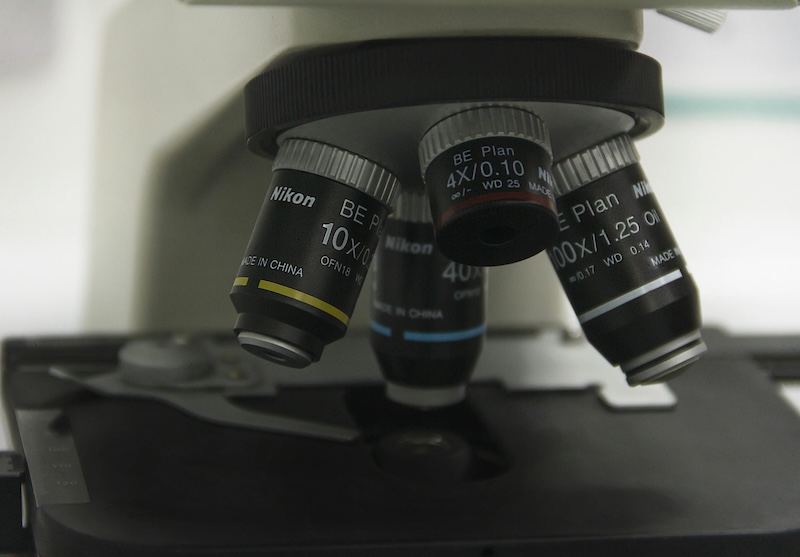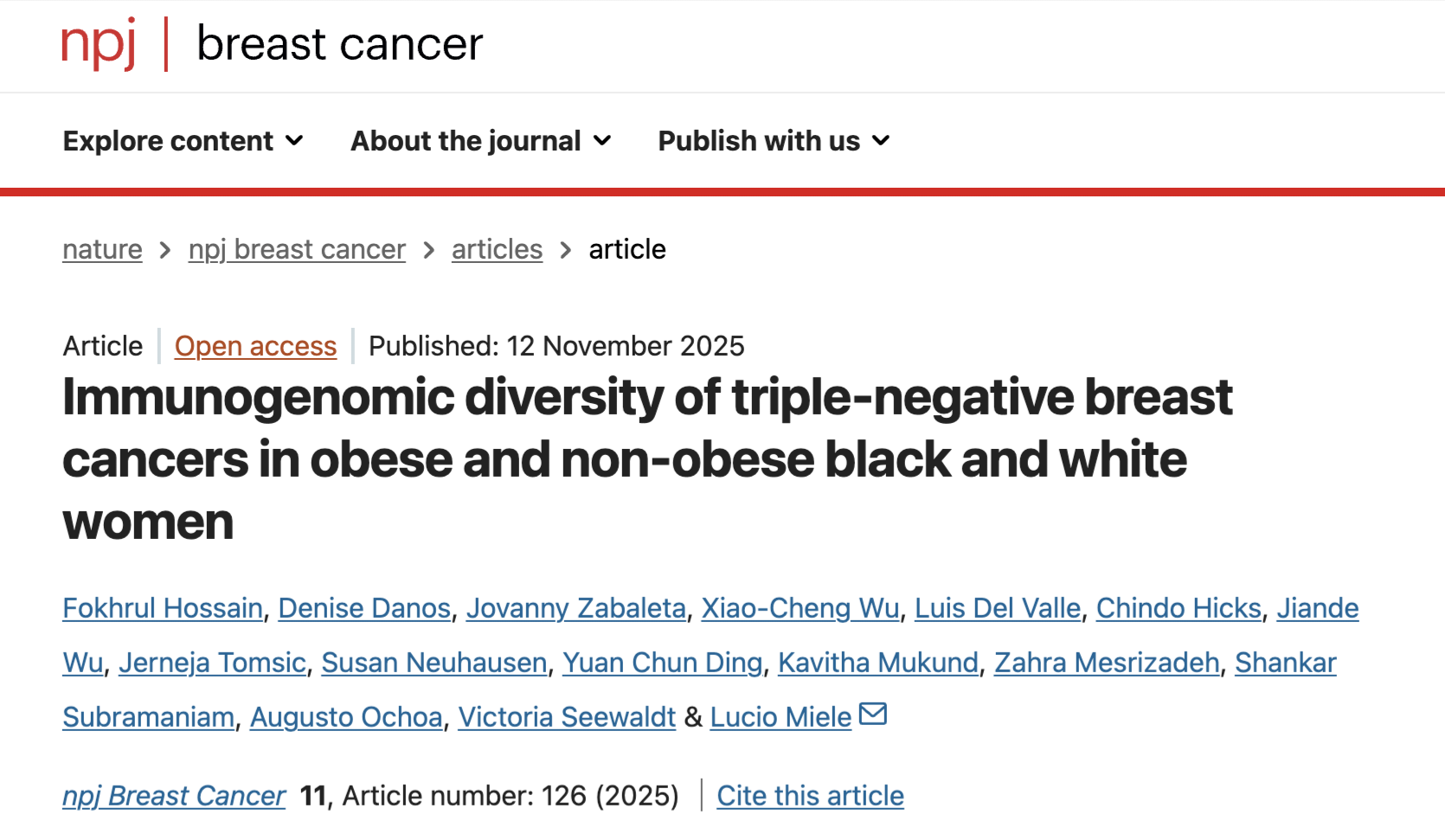.jpg)
Making Connections at the 2024 Promising Practices Conference
For community and health advocates in rural Louisiana, the second annual Promising Practices Conference at Grambling State University presented an opportunity to network, learn best practices and strategies to reduce Louisiana’s disproportionately high cancer rates through education and prevention.
A recurring theme was the importance of collaboration among Louisiana’s community advocates, researchers, nonprofits, and individualsto identify barriers and obstacles.
“The importance of collaboration - improving north Louisiana’s wellness & health - is going to take all of us working together, having conversations with one another, understanding the resources that we can all bring to the table to move Louisiana, in particular north Louisiana, in a direction where everyone feels like they have what they need to be the healthiest that they can be,” said Earl Nupsius Benjamin-Robinson, DrHSc, CPH. Director of LCRC’s Office of Community Outreach & Engagement.

“We cannot do this alone…we have to solve our community issues together,” said Alice Prophit, Living Well Foundation. “It takes a community,” said Deonne Bailey, Louisiana Department of Health, ”which includes our grassroot organizations, our public universities, and we need those minds and that expertise to help us improve health outcomes for our entire state population.”
In the last two years, the Louisiana Cancer Research Center has expanded its statewide presence in an effort to broaden the impact of its cancer research, prevention and education efforts. The Conference is a direct result of LCRC Director Dr. Joe W. Ramos’s vision to include all of the state’s communities, especially those in rural and underserved areas, in the LCRC’s collective effort to reduce the burden of cancer.
In a single day, information and insights were shared by close to two dozenexperts on five panels:
· Accessing Research Funding and Research Data
· Addressing Access to Healthcare Options in Local Communities
· Collaborating to Address Healthcare Access Needs
· Collaborating to Share Care-related Information with Communities
· Helping Communities Access (and Use) Research Results
A wealth of technical resources and advice was offered. However, there was equal emphasis on the nontechnical, personal side of community outreach and engagement. The importance of building trust and credibility through empathy and listening could not be overstated. Central to that is “consistency, transparency and engagement,” said Kristie Bardell, Children’s Coalition for Northeast Louisiana.
“If [community members] don’t understand it, they think we are not telling the truth,” Dr. Robinson said. Michael Celestin, PhD, Louisiana Tobacco Control Initiative, acknowledged that scientists are not taught how to communicate research needs and findings with communities. “You have to break it down,” he said. As an example, Michelle Ozah, The Louisiana Campaign for Tobacco-Free Living, shared that she found success communicating smoking cessation data using sports analogies.
Breaking through to audiences does not always have to be complex. It can be as simple as recognizing a human need. Norman L. Hanes, Lincoln Health Foundation, recounted the time that a local Kiwanis Club raised their concern about food insecurity in elementary schoolchildren. That resulted in a food backpack program in 2016 that now distributes 300 backpacks to provide enough food during weekends to impoverished students in Lincoln Parish.

The day’s conversations helped to increase the community’s awareness of resources and aid LCRC’s awareness about research opportunities that align with the LCRC mission. Case in point – After listening to Dr. Julie Rutledge of Louisiana Tech University discuss a nutrition intervention with schools to reduce obesity Dr. Robinson immediately identified the program as a possible LCRC grantee.
Donna Williams, MS MPH DRPH, LCRC associate director of population sciences and community outreach and engagement and director of Louisiana Cancer Prevention and Control Programs at LSU Health - New Orleans shared that a request for proposals is forthcoming for community grant applications for evidence-based programs that address the modifiable risks of smoking and obesity.
Raenique Silve, MPH, Program Manager for LCRC’s Office of Community Outreach andEngagement, listed several funding opportunities for nonprofits through their office.

It was a highly productive conference and according to LCRC’s Dr. Benjamin-Robinson, just the beginning of an ongoing dialogue. “You are part of the Promising Practices family now,” he told attendees. “We are really interested in having authentic partnerships and relationships with community because we ultimately want to reduce the impact of cancer in the state of Louisiana and the only way that we can do that is by being in an authentic relationship with you,” he said.
If you are a community advocate or health professional interested in learning more about LCRC's Office of Community Outreach and
Engagement programs and resources, contact Raenique Sylve via email at rsylve@lcrc.info or call 504-210-2723.




